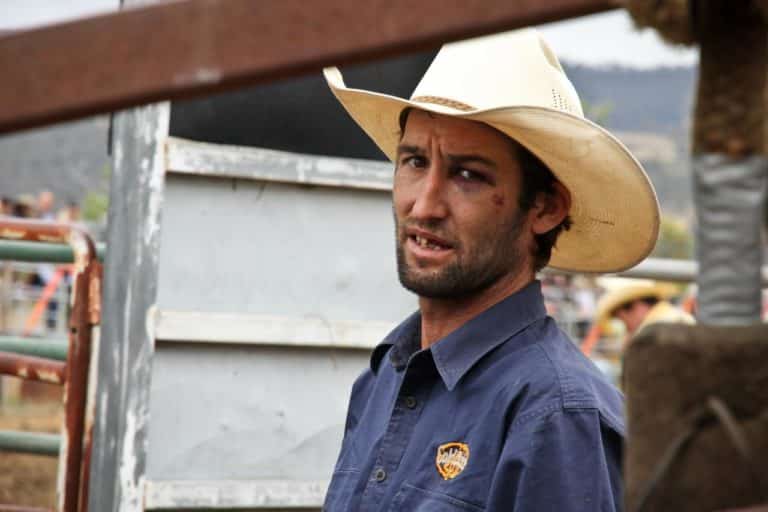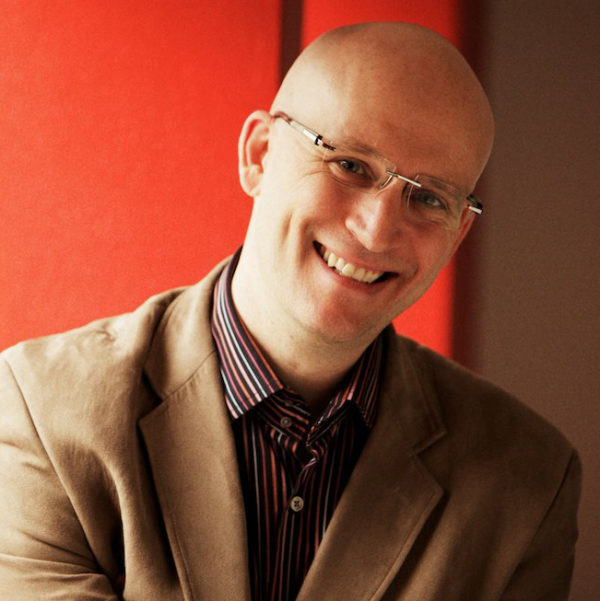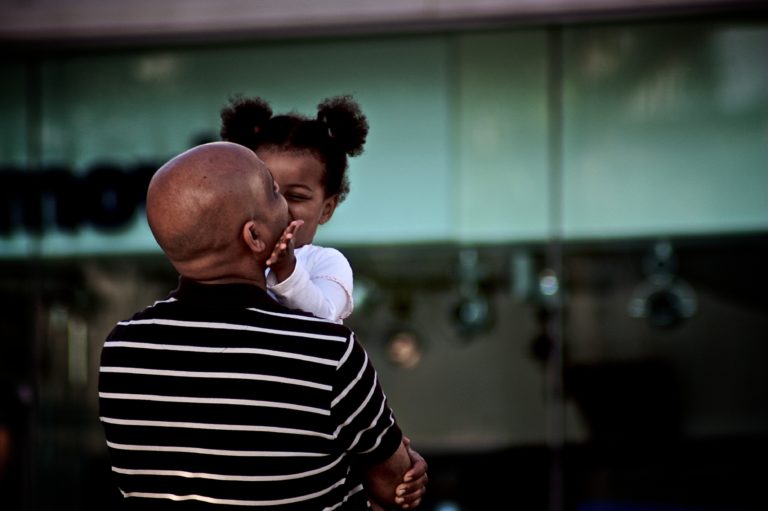
Image by Jean-Jacques Halans.
The Muse of Doubt, Cartesian Anxiety, and the Winding Path of Faith
Parker Palmer’s recent musings captivated me as I was preparing a sermon for my Christian congregation titled, “Doubt is a Friend of Belief.” Mr. Palmer sparked my imagination when referencing Wendell Berry’s “Two Muses of Creativity” because, in my experience, the dialectic of the muses is a part of the creative writing process for sermons that aspire to enliven conversation and not merely reinforce status quo thinking. While I was crafting my sermon, it seemed obvious that, just as Mr. Berry asserts there is a “Muse of Obstacles” that refines us as we journey toward our visions, there is also a “Muse of Doubt” that refines those who seek faith as a meaningful part of the human experience.
It was the theologian and philosopher Paul Tillich who said,
“Doubt is not the opposite of faith; it is one element of faith.”
These are life-giving words, and, when put into play with Mr. Berry’s “Muse of Obstacles” (where “the baffled mind is the one employed and the impeded stream sings”), it is important to see doubt as an essential friend as many of us walk on the winding path of faith. Like a lead scout, doubt exposes our fears and tells us what we don’t know. Could there be any more important voice in our lives? But whose side is doubt on? And, down what path will we be led? Is doubt on the side of belief or unbelief?
I probably need to re-title my sermon, “Doubt Can Be a Friend to Faith” since doubt is ruthlessly impartial and “The Muse of Doubt” is a helpful scout for us. But doubt is neither friend nor foe to religious particularities. Perhaps this is why many faith communities rarely welcome or speak well of doubt. Or, if they speak of it, some unscrupulously call doubt a sin and tragically shame congregants for entertaining such a muse. Such condemnation of doubt denies a healthy and human response to uncertainty and slams the door on a potentially transformative passageway to deeper spirituality.
Why are so many given to such thoughtless causticity? One reason may be “Cartesian anxiety,” a term first coined by philosopher Richard Bernstein, who references Enlightenment philosopher Rene Descartes’ assertion that humans have the ability to completely comprehend a perfect system of firm and unchanging knowledge of ourselves and the cosmos. Postmodernism and the information age have been blunting Descartes’ assumptions for decades, but Western Christianity, to its own detriment, has not been paying attention to this important transformation.
Interestingly, those claiming “faith” as a central tenet have adopted Cartesian thinking and seem to be making an idol out of certainty. Cartesian anxiety flows unabated in many Christian systems of thought. Tragically, this approach has encouraged anti-intellectualism and uncivil rhetoric in the arena of public discourse, all the while burdening Christian tradition with needless anxieties about the Bible, God, and the human experience.
I wonder what would happen if, rather than shunning uncertainty, Christian tradition leaned into it? Would Christians be more transformed and less ideological, more compassionate and less judgmental? Thinking beyond Christian tradition: What would our world be like if everyone listened to the “Muse of Doubt” as an important voice on the way to our pursuits?
It is highly probable that listening less to the voice of Cartesian anxiety and listening more to the refining voice of doubt (as it sifts our certainties) will help us become a more empathic civilization. I am certain we would be less anxious!


Share your reflection